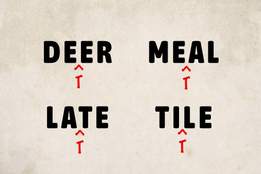1
: of the same or similar nature : generically alike
the cognate fields of film and theater
2
: related by blood
a family cognate with another
also
: related on the mother's side
3
a
: related by descent from the same ancestral language
Spanish and French are cognate languages.
b
of a word or morpheme
: related by derivation, borrowing, or descent
English "eat" and German "essen" are cognate.
c
of a substantive
: related to a verb usually by derivation and serving as its object to reinforce the meaning (such as song in "she sang a song")
cognately
adverb
: one that is cognate with another
"Eat" and "essen" are cognates.
Love words? Need even more definitions?
Merriam-Webster unabridged











Share